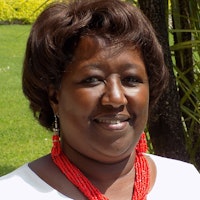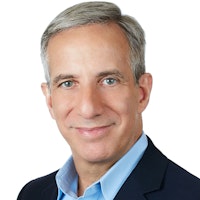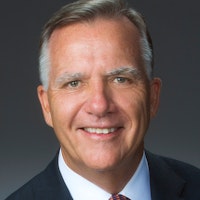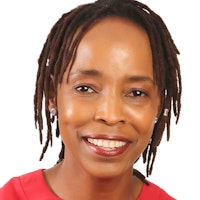Setup
Cancer is on the rise in Africa, with the World Health Organization predicting that by 2020, it will take the lives of one million people a year across the continent. The most common forms of the disease in Africa -- breast, cervical and prostate cancers -- are also the most treatable, but drugs have been in scarce supply, and the price of treatment remains a huge obstacle. While cancer has not yet received the attention accorded to infectious disease, the first-ever cancer center has opened in Rwanda, the American Cancer Society is forging partnerships across Africa, and some pharmaceutical companies have begun to steeply discount their therapies. A commitment to saving lives is growing.
- 2018 Health
- Health
- World
- Technology
Explore More
Health

Our attitudes, habits, pleasures, and responsibilities shift across the generations, influencing the health challenges we face and how we respond to them. Expectations about h...


Scholars are still uncovering information about Britain’s involvement in the transatlantic slave trade and its era of slavery, piecing together how the wealth generated from t...

As we wrap-up another year of elevating big ideas at Aspen Ideas: Health, we're excited to share the 15 most-watched sessions from the event. These conversations with inspirin...


New technologies have always led to changes in society, though not always as quickly or drastically as people feared. Could artificial intelligence be different? Instead of le...
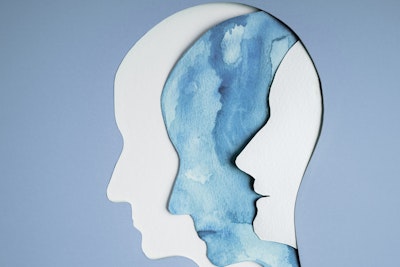
In America, millions of people struggle with mental health including depression, anxiety, and more — all further exacerbated by living through a pandemic. The National Allianc...

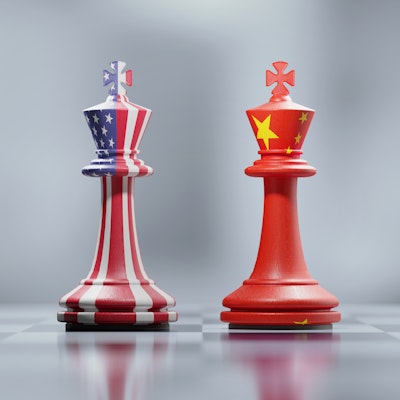
Relations between the United States and China have become increasingly tense over the past few years. Trade wars have escalated, and U.S. national security experts are bracing...

The United States spends $4.3 trillion—almost one fifth of the nation’s GDP—on health care. As the scale of the medical enterprise expands, venture capitalists are pursuing th...

Today's kids are coming of age against a backdrop of political, social, technological and economic upheaval. While these circumstances are shaping a precocious generation that...

Advocates, healthcare providers, legislators, researchers, and venture capitalists are bringing the unique health needs of women to light – from vigorous policy debates on iss...

From the debate over reproductive rights to the epidemic of gun violence to the youth mental health crisis, this year's Aspen Ideas: Health sessions tackled many of today's mo...

The recognition that all things are connected is at once a scientific principle and a philosophical touchstone. Humans, animals, and the environment are intertwined in complex...

Everywhere you look, there’s a headline about the power of artificial intelligence and how it will impact our lives in ways we have not yet imagined. From advancing medicine t...
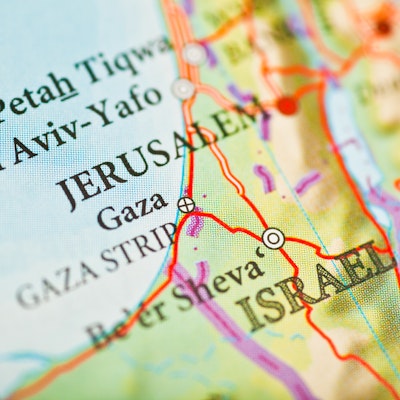
Three people whose lives have been irrevocably changed by the Israel-Palestine conflict share their stories of profound loss, grief and forgiveness.


Where will artificial intelligence be in five years, or 10 or 20? What happens if the technology is regulated? And if it isn’t? How will it shape the world and the way we live...


Whether they publicly tout it or not, U.S. technology companies play a powerful role in politics, cultural issues and the way we live. Founder and investor Peter Thiel is one...
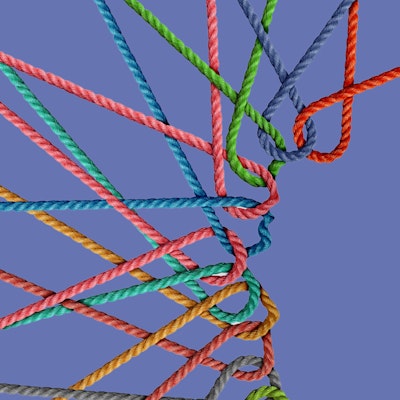
Our need for human connection is profound and deep. Yet, today, one in two adults are living with measurable levels of loneliness – and the numbers are even higher among young...
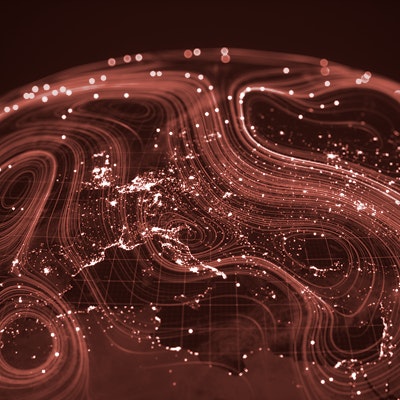

Sizable electorates around the world are flocking to populist candidates who promise power, domination and a return to better times. The global experiment in liberalism seems...
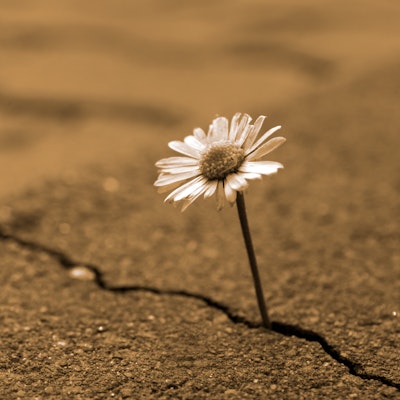
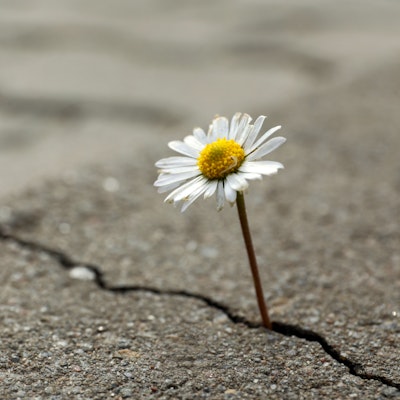
Conflict and suffering can bring out the worst in people, but it can also bring out the best. This is one of the lessons New York Times columnist Nicholas Kristof has learned...

The war in Ukraine continues to reshape European security and global alliances, while the war in Gaza raises urgent questions about humanitarian aid and international interven...

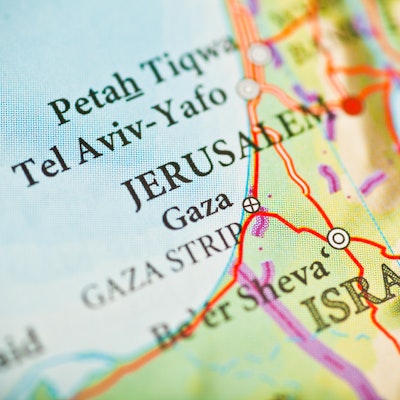
The grim stream of news from the Middle East has been making it more and more difficult to hold onto hope for peace. When and how will the conflict in Gaza end? And could war...


